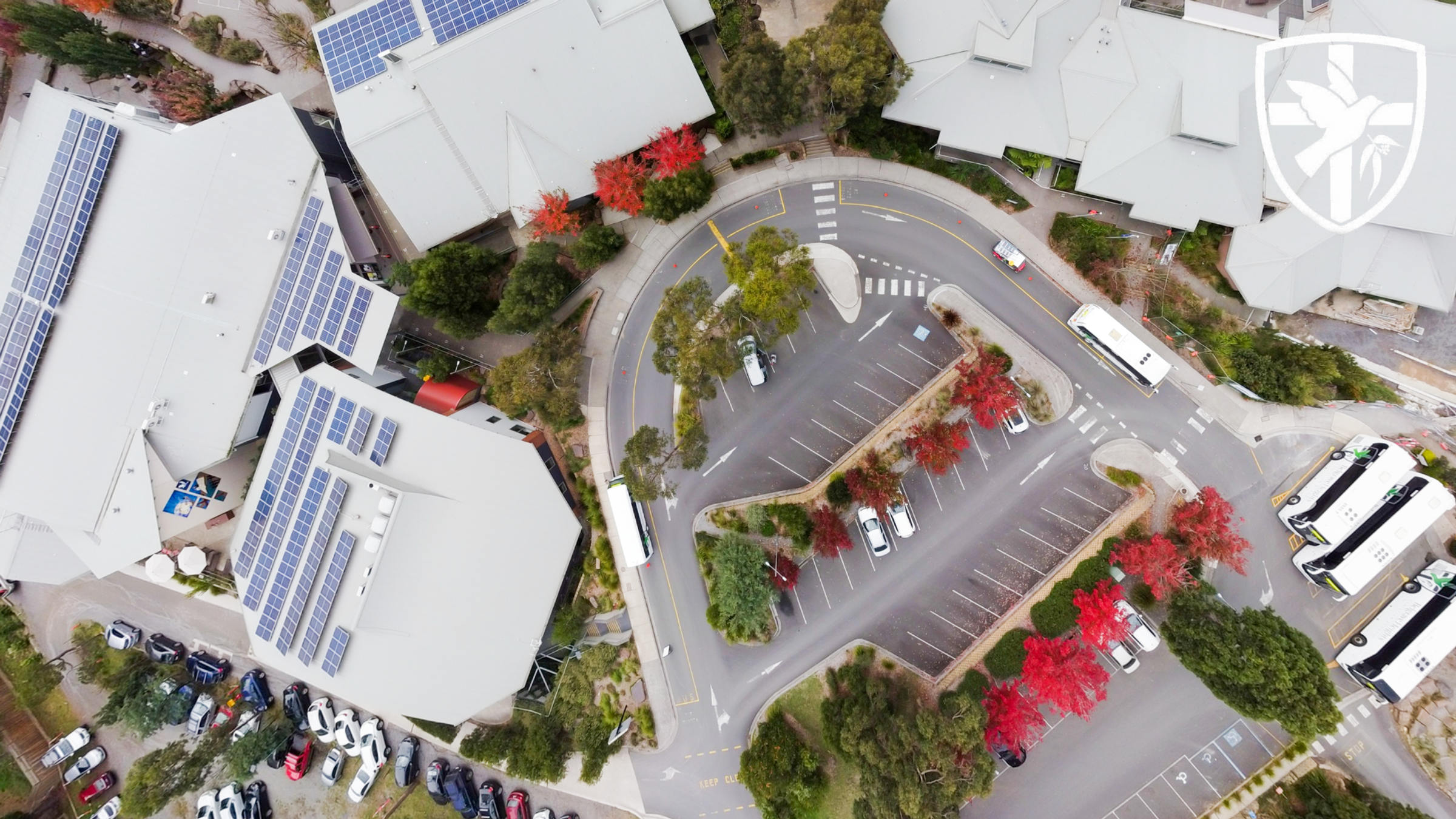
General Information (2 of 3)
GOVERNMENT FUNDING AVAILABLE FOR HEALTH CARE CARD OR PENSION CARD HOLDERS OR FOSTER PARENTS
CSEF (Camps, Sports, Excursions Funding)
CSEF is Government funding which is available to families to offset the cost of camps, sporting events and excursions which form part of your school fees.
Those eligible for funding through CSEF:-
1. Health Care Card, Pension Card or Veteran Affairs Card Holders;
2. Foster Parents;
3. Students over 16 who hold their own Health Care Cards (not previously eligible but the rules have changed!)
How much will you get:-
Each Primary Student $125.00
Each Secondary Student $225.00
If you have previously applied for CSEF Funding, there is no need to complete another application as we will reapply on your behalf in 2022. If you have a new Health Care Card or are unsure if you applied previously, please fill in the attached form or pick up a copy from Reception. Please see the attached article for more information.
We will be lodging applications soon, so please ensure that you have applied, so that you don’t miss out.
2022 TRAVEL CONVEYANCE ALLOWANCE
The travel Conveyance Allowance is Government funding available to school families to subside the cost of travel to School by both bus and car. The eligibility criteria for the Conveyance Allowance is set by the Department of Education, including; you must be traveling further than 4.8km by the most practical route to get to and from School and you must live closer to BHCS than to any other similar Schools, such as St Andrews in Wantirna South.
If circumstances remain unchanged from year to year, there is no need to reapply, however if the following changes have occurred it will be necessary for you to complete a new application in order to qualify for ongoing Conveyance Allowance in 2022:
- A change from car travel to bus travel, or vice versa
- Your family has changed address
- You have a child who has commenced at BHCS in 2022 who was not listed on your previous application
New families to BHCS are encouraged to complete a form and submit their applications if they have not already done so.
Payment of the funding is made directly to BHCS at the end of each term and is applied as a credit to each family's school fee account.
If you have any queries or to obtain a copy of the necessary form(s) please email your request to accounts@bhcs.vic.edu.au by the end of February, 2022.
SCHOOL ACCOUNTS
We are in the process of issuing your annual school fees account. These should arrive via email within the next few weeks, together with the information regarding the commencement of Direct Debit arrangements.
If you have not yet returned your Direct Debit Form, please do so without delay. Should you have any queries regarding your school account, please contact our Finance Office at accounts@bhcs.vic.edu.au
COMMONWEALTH SCHOOL DATA COLLECTION NOTICE
As an Independent School receiving Government funding, we are legally required to provide information in accordance with the Australian Education Act 2013 (the Act) and the Australian Education Regulation 2013 (the Regulation). This is collected for:
- Student Residential Address and Other Information Collection
- Financial Accountability (FA)
- Financial Questionnaire (FQ)
- Student Attendance (STATS)
- Non-Government Schools Census (Census)
- Census Special Circumstances Applications.
The attached document contains further information on why the information is collected, how it is collected and what is collected. The document also contains a link on where to find out more about school data collections and reporting.
ISV - THE PARENTS WEBSITE
Belgrave Heights Christian School is part of the Independent Schools Victoria network of schools. Independent Schools Victoria offers an initiative called The Parents Website. Here you will find a range of articles and newsletters. To learn more, please click here.
HEALTH AND WELLBEING RESOURCES
We know that it can sometimes be hard to find the necessary resources in relation to mental health, bullying and family violence, especially when things are tough. For this reason, the School has a small webpage with links related to health and wellbeing resources. This can be found on the School's website under Other Resources or can be found here
CYBER SAFETY AND SECURITY
On February 8, it is Safer Internet Day.
It is important to understand how criminals target children in online environments and via personal devices.
We encourage you to download the Cybersecurity Instruction Manual: A Kid's Guide to Using the Internet Securely by clicking here.
It provides some of the following tips on how to beat cyber threats:
Step 1: Update your device
Updates give your device a security power-up! Updates find and fix flaws in software that cybercriminals use to hack your device. They also add new features to your devices and can make them run faster. Check out cyber.gov.au to learn how to install updates. HINT: BEWARE! - Outdated software and apps can leave your device buggy and open to cyber attacks.
Step 2: Turn on multi-factor authentication
Multi-factor authentication (MFA) puts an extra shield around your account. With MFA activated, you’ll need to give multiple types of information to access your account. For example, you may need a text message code and your password to log in. This means that even if a cybercriminal guesses or steals one part of your login details, you’ll still be protected by your extra shield!
Step 3: Back up your device
Backing up your device is like saving your progress in a game. It makes a copy of your important files at that moment in time and puts them in a secure place. Having backups means you can restore your files if something goes wrong with your device.
Step 4: Use a passphrase
A passphrase is like a password but on expert level! When you can’t turn on MFA, use a passphrase! A passphrase uses four or more random words as your password. This makes it hard for cybercriminals to guess and easy for you to remember.
Children learn when we teach them
Speaking to your children about safer internet practices provides them with the tools they need to stay safe in an online environment.
Further resources and guides can be found at cyber.gov.au.
